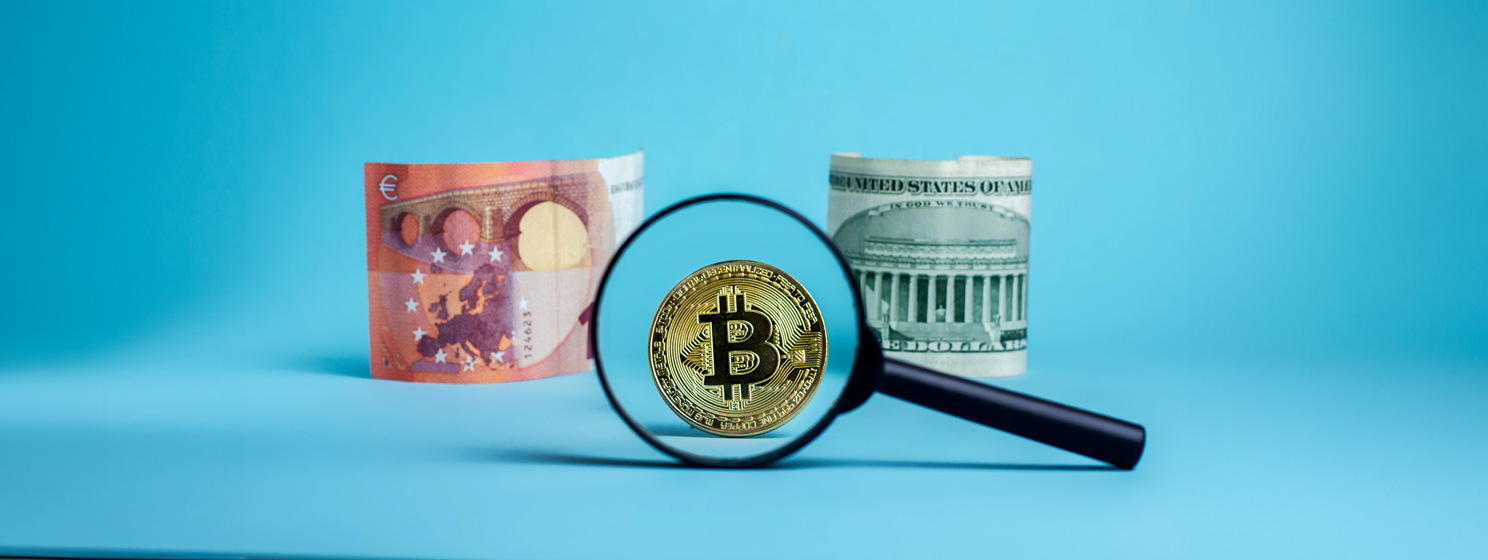|
Getting your Trinity Audio player ready...
|
Earlier this month, South Korea’s financial regulator indicated it was weighing introducing new regulations that would permit institutions to hold digital assets. The sector welcomed the news as it would inject liquidity and further legitimize the industry.
However, the Financial Services Commission (FSC) has changed its tune, saying it needs more time to consider the implications of the decision.
The Virtual Asset Committee of the FSC met this week to discuss the priorities for the year, and according to The Korea Times, allowing corporate accounts was not on the agenda. The newspaper says the committee determined a “more thorough review” was necessary before making the decision.
The committee is chaired by FSC Vice Chairman Kim So-young and is composed of industry experts and government officials from relevant ministries. However, despite the postponement, FSC is expected to follow through later this year and reduce the barriers for corporate accounts to trade digital assets.
“The issue of allowing accounts for corporations, which was discussed previously, has undergone extensive review through 12 subcommittee and task force discussions. The policy review process is nearing completion. We will report the results soon and proceed with the subsequent steps promptly,” stated Kim.
Beyond liquidity and mainstream adoption, the entry of corporates into the digital asset world would expand digital currency payment options in the country. While South Korea is one of the world’s largest digital asset hubs (30% of South Koreans have invested in digital assets), most activity is limited to speculative trading. Digital payments, which was originally intended for Bitcoin to solve, have taken the backseat.
While the committee did not give any new direction on corporate involvement, it delved into consumer protection, focusing on a new law that took effect last July. The first phase of the new law focused on protecting investors, safeguarding deposits and cracking down on illegal market practices.
The committee is now discussing how to implement the second phase of the law, Kim revealed.
“A comprehensive and systematic approach encompassing businesses, markets and users is necessary,” he noted.
He added that the committee is also looking into stablecoins, which have become the major focus of regulators globally. In the EU, the Markets in Crypto Assets (MiCA) framework has cracked down on stablecoin issuers, forcing some, like Tether, to consider scaling back after failing to obtain the new license. Several other jurisdictions, from Cambodia to Hong Kong, have also implemented safeguards to police the sector.
South Korean exchanges are already feeling the heat of the revamped regulatory approach. The country’s largest exchange, Upbit, faces possible sanctions and fines for alleged KYC violations. A disciplinary hearing with the FSC’s Financial Intelligence Unit is scheduled for Tuesday, January 21.
Thailand targets digital asset payments in tourist hotspots
Elsewhere in Asia, the Thai government plans to launch digital asset payments in one of the popular tourist destinations this year.
Deputy Prime Minister Pichai Chunhavajira recently unveiled the government’s plan to push digital asset payments in Phuket, an island province in southern Thailand. Phuket is one of Thailand’s biggest tourist hubs, welcoming 4.3 million tourists in the first half of 2024.
Chunhavajira, who also doubles up as the finance minister, says digital asset payments would make it easier for foreign tourists to pay for local goods and services without going through the foreign exchange process.
To pay in digital assets, tourists must verify their identities through exchange-based KYC. The payments will be confined to the scope of existing laws and won’t need any new regulations, the Deputy PM stated. This makes the implementation easier and faster.
Digital assets are vastly popular in Thailand. According to Chainalysis, around 18% of Thais owned digital assets in 2023, ranking it 10th globally for adoption that year.
Chunhavajira says that digital asset payments could make it easy for foreigners to invest and settle in Thailand.
“For instance, those who fled the Russia-Ukraine war and settled in Phuket might find it difficult to obtain 50 million baht to purchase a house. However, paying with BTC could be a much simpler process,” he stated.
While noble, the plan to push digital asset payments is only possible if Thais turn to digital assets with low fees and instant transactions, which BSV offers. BTC’s exorbitant fees, small blocks, and slow block confirmations make it impractical for day-to-day payments.
Beyond payments, Thailand is looking to follow the U.S. and approve a spot BTC ETF. SEC Secretary-General Pornanong Budsaratragoon said the agency wants the Southeast Asian nation to remain competitive as regional financial hubs like Singapore and Hong Kong pursue similar initiatives.
“Like it or not, we have to move along with more adoption of cryptocurrencies worldwide. We have to adapt and ensure that our investors have more options in crypto assets with proper protection,” she stated.
Watch: Here’s how digital vouchers will boost Japan tourism

 02-27-2026
02-27-2026 




